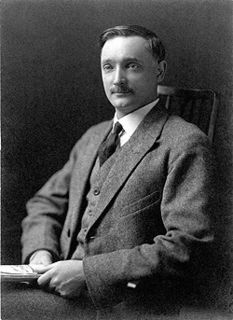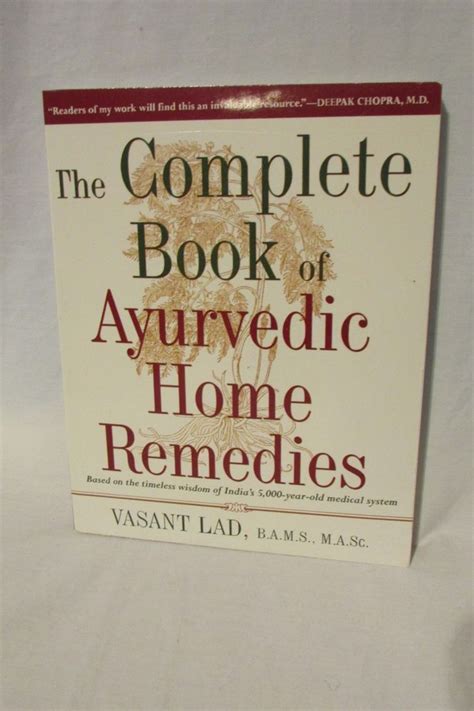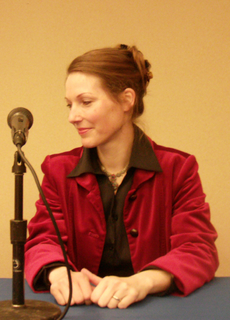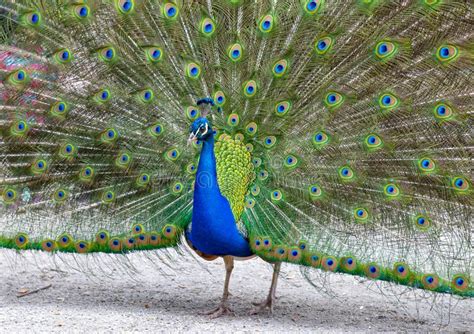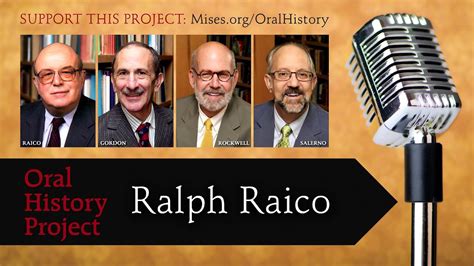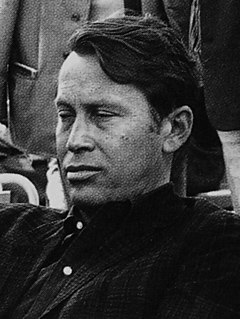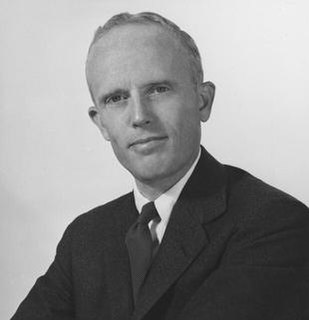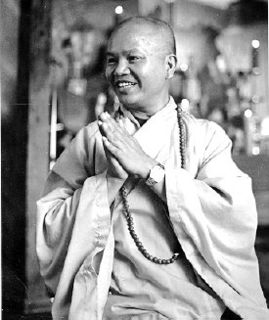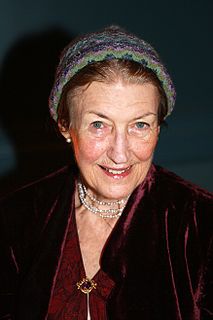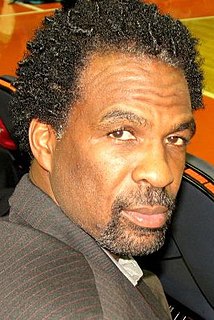Top 1200 Knowing Oneself Quotes & Sayings - Page 3
Explore popular Knowing Oneself quotes.
Last updated on April 19, 2025.
Early on, I learnt from the Russian intelligentsia that the only meaning of life lies in conscious participation in the making of history. The more I think of that, the more deeply true it seems to be. It follows that one must range oneself actively against everything that diminishes man, and involve oneself in all struggles which tend to liberate and enlarge him. This categorical imperative is by no way lessened by the fact that such an involvement is inevitably soiled by error: it is a worse error merely to live for oneself, caught within traditions which are soiled by inhumanity.
To know another human being in their essence, you don’t really need to know anything about them - their past, their history, their story. We confuse knowing about with a deeper knowing that is non-conceptual. Knowing about and knowing are totally different modalities. One is concerned with form, the other with the formless. One operates through thought, the other through stillness.
According to Ayurvedic principles, by understanding oneself, by identifying one's own constitution, and by recognizing sources of doshic aggravation, one can not only follow the proper guidelines to cleanse, purify, and prevent disease, but also uplift oneself into a realm of awareness previously unknown.
She laughed out loud, a warm, knowing laughter that made me once again wonder about the secret ingredient in these women’s lives. Whatever it was, I was clearly missing it. It was so much more than just self-confidence; it seemed to be the ability to love oneself, enthusiastically and unsparingly, body and soul, naturally followed by the assumption that every man on the planet is dying to get in on the act.
The Fascist accepts life and loves it, knowing nothing of and despising suicide; he rather conceives of life as duty and struggle and conquest, life which should be high and full, lived for oneself, but not above all for others those who are at hand and those who are far distant, contemporaries, and those who will come after.
It is essential... that discipline should not be practised like a rule imposed on oneself from the outside, but that it becomes an expression of one's own will; that it is felt as pleasant, and that one slowly accustoms oneself to a kind of behaviour which one would eventually miss, if one stopped practising it.
Self-respect cannot be hunted. It cannot be purchased. It is never for sale. It cannot be fabricated out of public relations. It comes to us when we are alone, in quiet moments, in quiet places, when we suddenly realize that, knowing the good, we have done it; knowing the beautiful, we have served it; knowing the truth we have spoken it
Despair is the price one pays for setting oneself an impossible aim. It is, one is told, the unforgivable sin, but it is a sin the corrupt or evil man never practices. He always has hope. He never reaches the freezing-point of knowing absolute failure. Only the man of goodwill carries always in his heart this capacity for damnation.
Knowing has two poles, and they are always poles apart: carnal knowing, the laying on of hands, the hanging of the fact by head or heels, the measurement of mass and motion, the calibration of brutal blows, the counting of supplies; and spiritual knowing, invisibly felt by the inside self, who is but a fought-over field of distraction, a stage where we recite the monotonous monologue that is our life, a knowing governed by internal tides, by intimations, motives, resolutions, by temptations, secrecy, shame, and pride.
When I started acting, I had a really strong discipline of knowing that you had to be on time, knowing that you had to work 12 to 16 hours a day, knowing you had to be prepared, knowing you had to be ready, and it's very interesting because if you're an artist and you're creating, you can work very, very long hours but as you're putting out that love of creation, it's almost like you're charged by it, you're charged by the process of it.
One would always want to think of oneself as being on the side of love, ready to recognize it and wish it well -but, when confronted with it in others, one so often resented it, questioned its true nature, secretly dismissed the particular instance as folly or promiscuity. Was it merely jealousy, or a reluctance to admit so noble and enviable a sentiment in anyone but oneself?
A man of knowing attains to a sense of humour. Let this always be remembered. If you see someone who has no sense of humour, know well that that man has not known at all. If you come across a serious man, then you can be certain that he is a pretender. Knowing brings sincerity but all seriousness disappears. Knowing brings a playfulness; knowing brings a sense of humour. The sense of humour is a must.
When we suddenly awake to the realization that there is no barrier, and never has been, one realizes that one is all things mountains, rivers, grasses, trees, sun, moon, stars, universe are all oneself. There is no longer a division or barrier between myself and others, no longer any feeling of alienation or fear there is nothing apart from oneself and therefore nothing to fear. Realizing this results in true compassion. Other people and things are not seen as apart from oneself but, on the contrary, as one's own body.
The motive that impels modern reason to know must be described as the desire to conquer and dominate. For the Greek philosophers and the Fathers of the church, knowing meant something different: it meant knowing in wonder. By knowing or perceiving one participates in the life of the other. Here knowing does not transform the counterpart into the property of the knower; the knower does not appropriate what he knows. On the contrary, he is transformed through sympathy, becoming a participant in what he perceives.
The courage to be as oneself within the atmosphere of Enlightenment is the courage to affirm oneself as a bridge from a lower to a higher state of rationality. It is obvious that this kind of courage to be must become conformist the moment its revolutionary attack on that which contradicts reason has ceased, namely in the victorious bourgeoisie.



